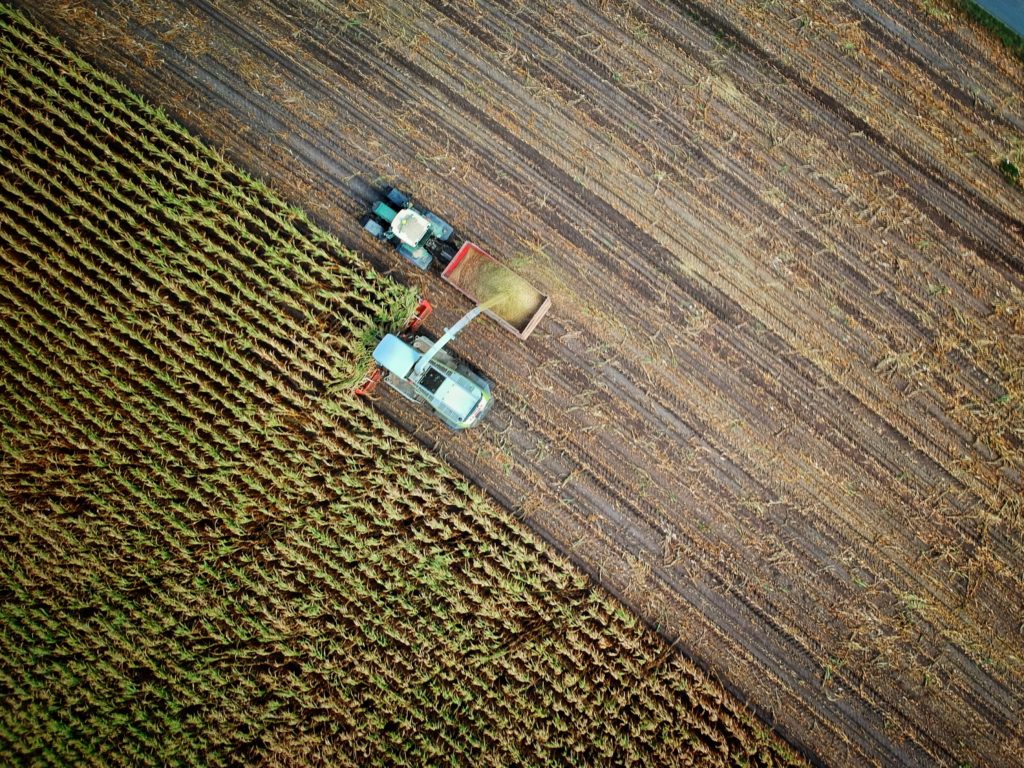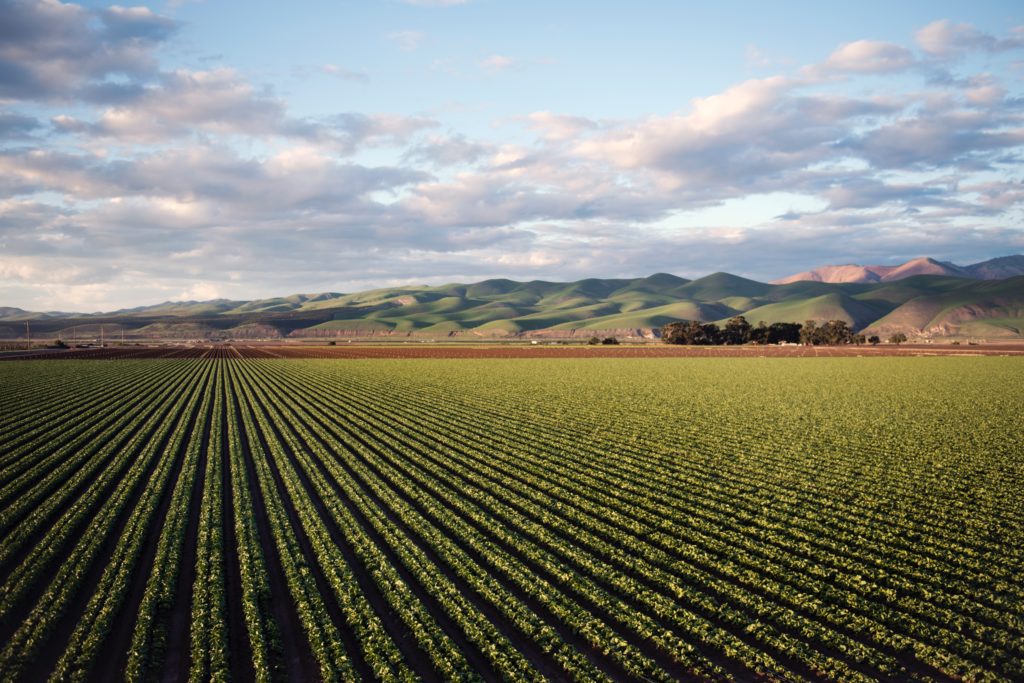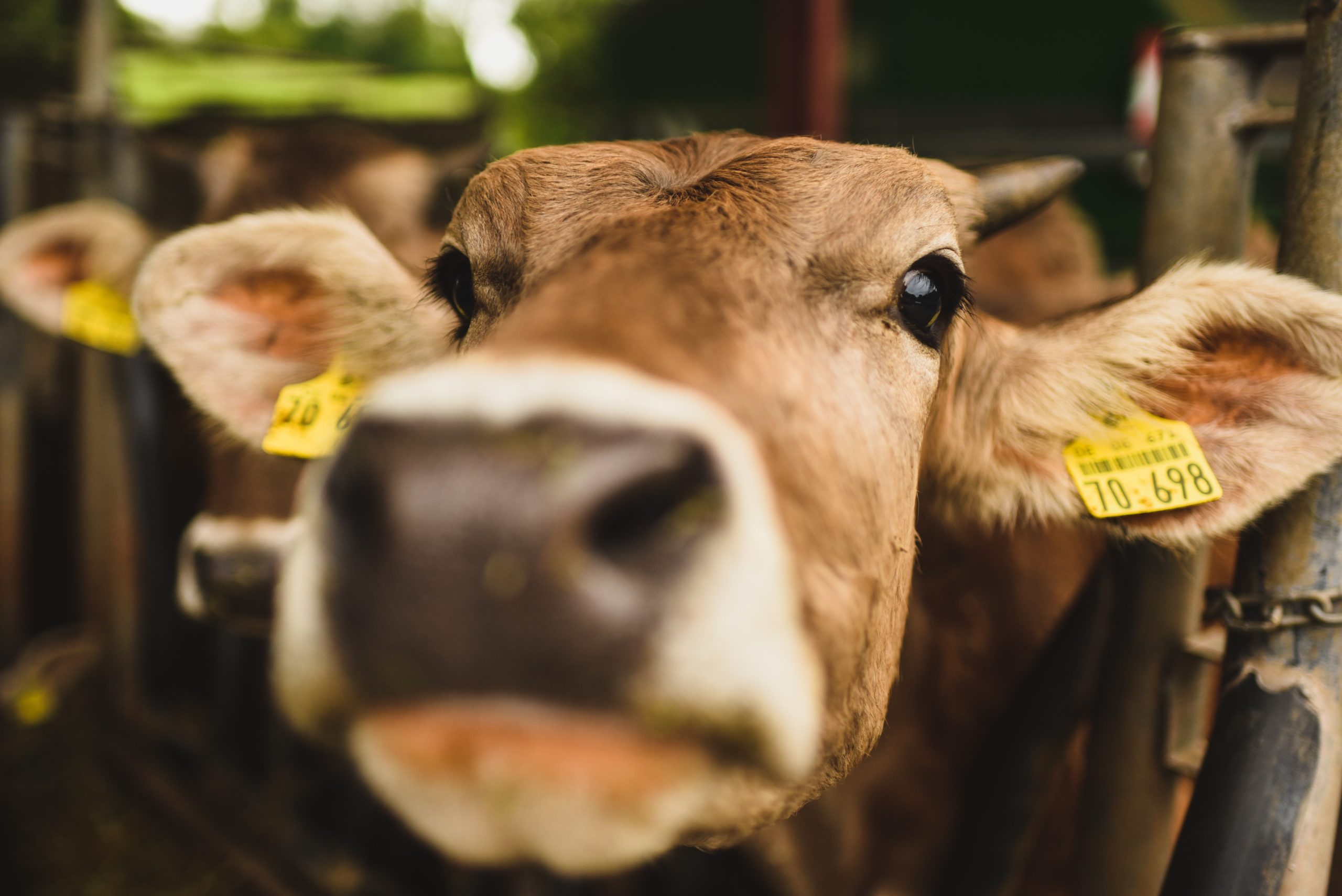European Farmers Are Struggling With Animal Welfare Concerns They Can’t Talk About, Study Suggests
3 Mins Read
A study published last December has highlighted a growing unease amongst European farmers: increasing moral concerns surrounding the practice of animal agriculture, alongside an inability to voice them for fear of ‘betraying’ the industry.
The peer-reviewed report, published by Elsevier (which is facing its own climate-related woes), revealed other surprising trends. Avoidance of meat products by those working within the sector was one. Disenfranchisement over demands for higher welfare standards but perceived consumer unwillingness to pay for them was another.

Farmers at risk
Reduced meat consumption is being widely recommended. The EU has taken the issue to task, following unavoidable scientific links to cancer. Demands from the European Parliament to start promoting plant-based diets as a preventative measure have amplified the importance of meat consideration. A study in 2021 revealed that almost 50 percent of Europeans are already eating less meat and now, subsidies are beginning to be redirected to support climate-positive industries instead of animal agriculture.
Alongside increased awareness about the risk meat poses to health is the influx of plant-based alternatives. Increasingly realistic, healthy and sustainably manufactured, plant proteins are helping to drive a transition in the farming sector. With this in motion, a new study sought to ask farmers their feelings about what is happening and if it has highlighted existing misgivings about their work.
Shining a light on industry misgivings
Researchers in the new study used existing data from non-connected projects, to identify feelings about meat production in farmers and others within the sector. Data was gathered in France, Germany and the Netherlands. Highlights include a higher rate of meat avoidance from those in the industry than consumers outside of it. External consumers were cited as being more likely to use animal welfare and the environment as reasons for steering clear of meat products. Industry insiders attributed their decisions to health and food safety concerns. This has led to assumptions that meat industry employees would be open to cultivated developments.
Farmers in the Netherlands were shown to be outspoken about their disappointments. Open about increasingly precarious finances, they voiced concerns about a lack of government support to transition into the new protein era. They noted that consumers seem ungrateful for their efforts and unwilling to pay for the improvements to animal welfare that they claim to want. Frustrations could be connected to findings released last month that claim 25 percent of Dutch people want the Netherlands to be meat-free.
The most unexpected revelation proved to be moral concerns amongst meat workers. Increasingly, individuals are experiencing an uptick in concern for the animals they are rearing and processing. It was noted that such issues are rarely raised for fear of committing “high treason”, as one farmer described it.

What the findings mean
A combination of consumer shift and farmer existential crises could offer an opportunity for real change. However, this will be dependent on education and subsidies being made available to those that wish to move away from animal agriculture to alternative sectors. This is possible, as Italy has recently demonstrated.
In December last year, it was revealed that Italy had banned fur farming. With 10 active farms set to be affected, viable alternative business models were researched, presented and financially supported, by the government. €3 million has been made available to mink farmers looking to retrain or invest in new equipment.
Photo by Chino Rocha on Unsplash





